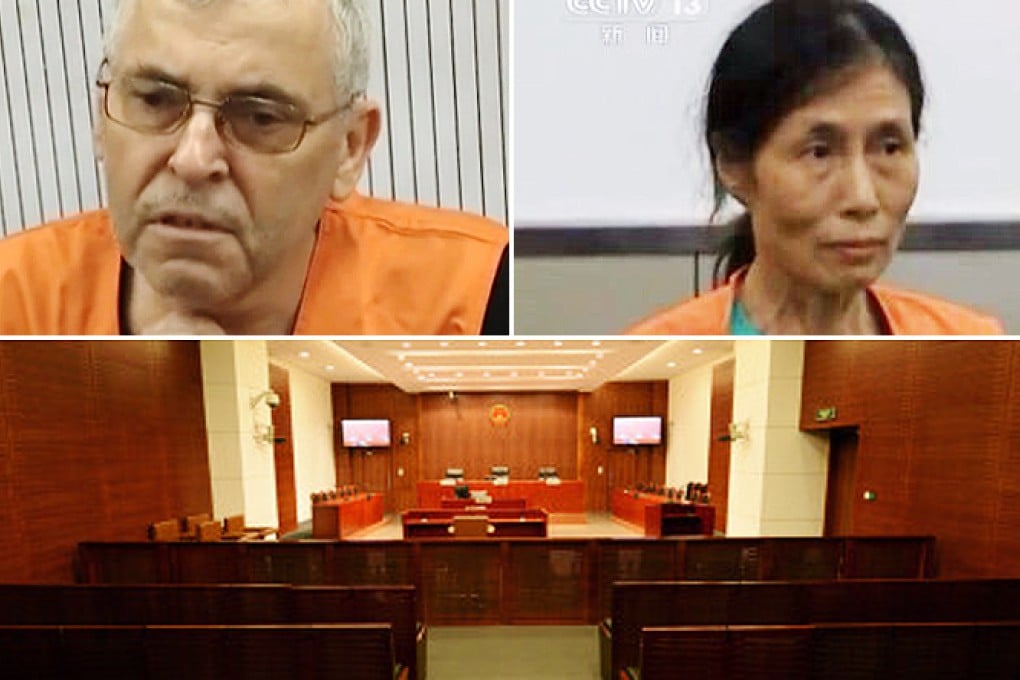Live | LIVE: Chinese court jails GSK investigator Peter Humphrey for 2½ years on privacy charges
Humphrey sentenced to two years and six months in jail on charges of "illegally obtaining private information", a fine of 200,000 yuan, and deportation from China after serving the jail term

11.20pm: The couple's son, Harvey, 19, said "They were allowed to speak and present defence. I'm very sad about the court's verdict but I hope the authorities would take into account of their poor health. I'm absolutely exhausted. I'm going home tonight."
11.07pm: The couple have five days to appeal this verdict. Court is adjourned.
11.05pm: The court sentences Yu to two years and in prison on charges of "illegally obtaining private information", and a fine of 150,000 yuan.
11.00pm: The court sentences Humphrey to two years and six months in jail on charges of "illegally obtaining private information", a fine of 200,000 yuan, and deportation from China after serving the jail term.
10.30pm: The verdict will be released after the court rests.
10.20pm: In her short closing statement, Yu expresses regret over their crimes and begs the court to forgive her husband.
10.10pm: In his closing statement, Humphrey talks about his childhood fascination and respect for China. Growing up in a poor family, he saw the China in 1979 and wanted to be a part of its development. He says he has always supported anti-corruption in China, and many of his projects dealt with helping different companies detect internal corruption and fraud. He and his wife wanted to give back to the Chinese community but failed due to their lack of understanding on the 2009 criminal law reform on privacy. Humphrey apologises for disobeying the law and expresses regret. "My wife and I still love and respect China passionately." He hopes the court will accept their apology.